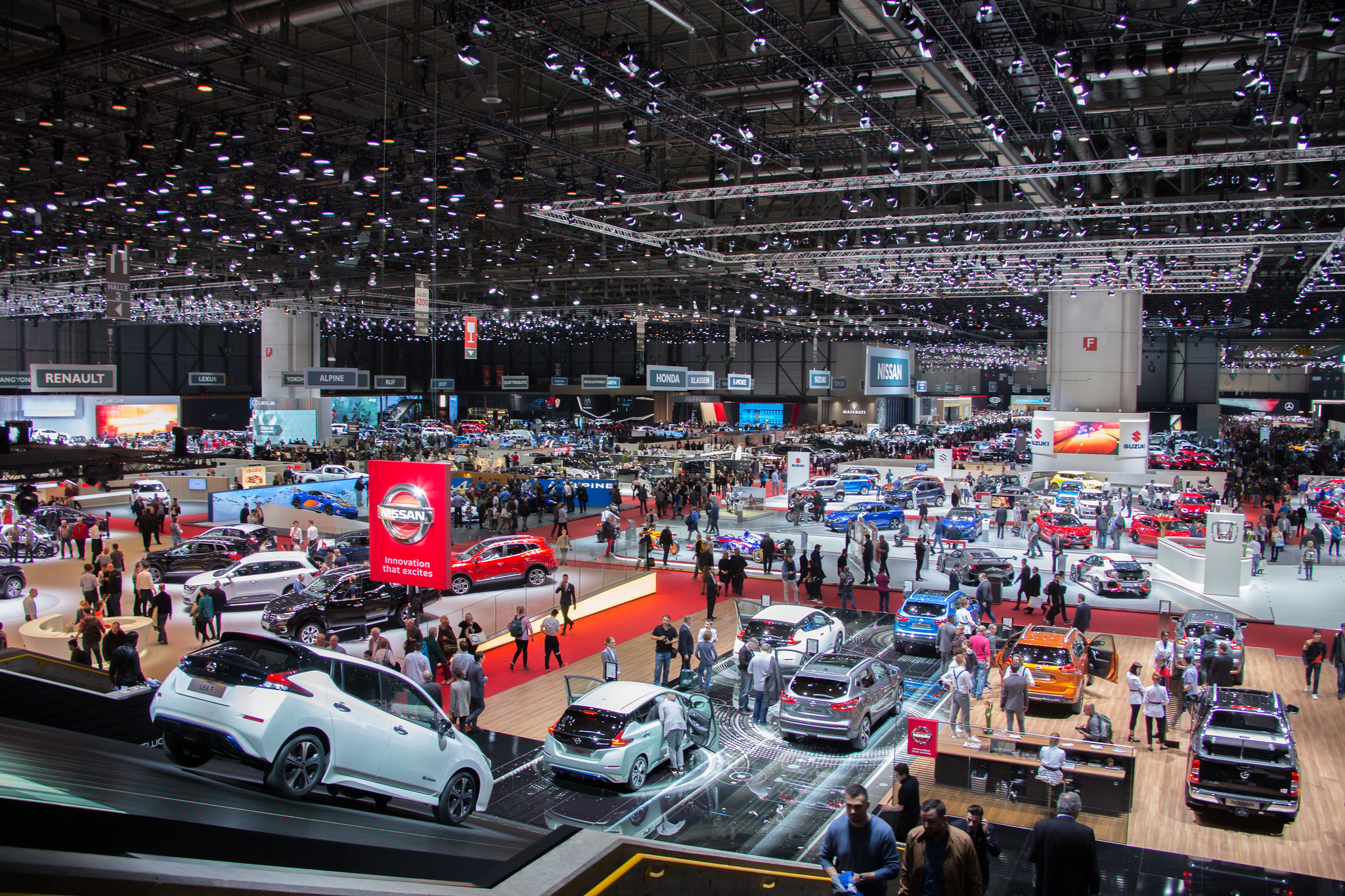There was a
time, not too many months ago, when vehicle manufacturers could still wow the
world with new reveals at motor shows and thrilling experiences at launch
events.
Then, in
late February, the wheels came off for the entire automotive events industry as
the Swiss government banned large events to curb the spread of the coronavirus.
Organisers of the Geneva Motor Show, expected to draw 600,000 people from 5 to
15 March, announced they were pulling the plug on the car extravaganza.
While the
likes of BMW and Mercedes-Benz went ahead with live-steamed versions of their
events, it was all rather makeshift. Some makers said they would explore
digital options, or merely issued press releases detailing their latest models.
It took the industry almost three months to get back into cruise mode.
The result has been a fascinating mirror of the world of work. Every major marque has sought a different spin, much as remote working has generated numerous alternative approaches to online collaboration, videoconferencing and virtual events.
In the same
way, the intense schedule of global technology events set to run from March to
May was all shoehorned into a few weeks in June. Some used Zoom, others
Microsoft Teams, while most outsourced their events to third party platforms.
That didn’t always go so well, with various events crashing. That wouldn’t be a
good look for car launches.
Nonetheless,
the 10 days in the middle of June was also peak launch time for the South
African motoring industry. And, as with the global picture, it encapsulated the
quest for the ideal virtual launch platform. In some cases, the medium also
expressed the message.
So, on Tuesday
9 June, Audi South Africa turned to Skype For Business to host its first online
Media Meeting, where it also introduced its recently launched new Audi A6 Sedan
range.
The
following day, Ford Motor Company of Southern Africa took to Facebook to enter
the utility vehicle sector with its first Figo Freestyle, a compact utility
vehicle (CUV) based on the Figo hatchback.
Just a week
later, Volkswagen South Africa led the media on a merry dance to find its live
stream for the launch of the new VW T-Roc. It turned out to be everywhere, from
Facebook to Twitter to Instagram to VW SA’s own web site.
The big question that immediately emerges is: do virtual platforms lend themselves to the launch of a product as physical as a vehicle? And does the virtual execution match up to the high-tech advances in the latest vehicles?
Read more on the next page about where virtual reality meets car shows.
Pages: 1 2


















